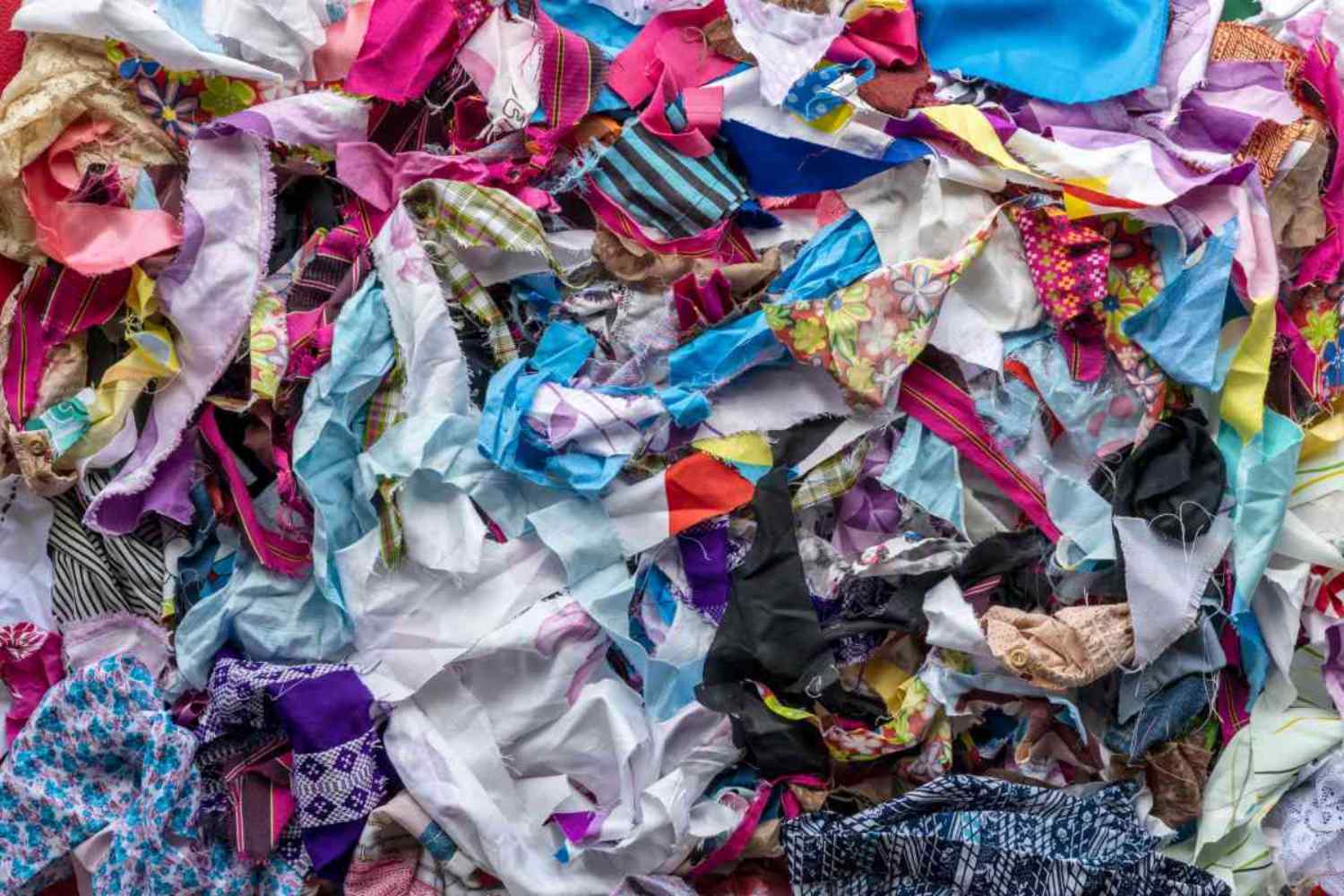Switzerland produces around 242 million pounds of used clothes every year, with the second-hand clothing market increasingly in crisis

©keantian/123rf
Switzerland is also facing an escalating issue of textile waste due to fast fashion, with approximately 242 million pounds of second-hand clothing generated annually. While about 143 million pounds are salvaged by organizations such as Texaid, Tell-Tex, and Caritas, the second-hand clothing business is becoming ever more unsustainable.
Among the most significant challenges to selling second-hand clothes is cheap Chinese imports selling at ridiculously low prices, making the buying of second-hand clothes economically undesirable for most consumers. According to Tell-Tex Chief Operating Officer Sascha Sardella, fewer than 1% of the collected clothes find a new owner. A large portion of the rejected clothes is thus burnt or dumped into landfills in African countries.
To meet this crisis, the European Union is imposing extended producer responsibility (EPR) starting next year 2026. Through this policy, companies will be forced to become responsible for their products from conception to destruction. The policy will reduce the production of textiles to waste and enhance more responsible habits. However, many things remain uncertain as to how the measure will be regulated and by whom the financial responsibilities of taking in textile wastes imported from China would fall on.
The recycling problem
A second major problem is recycling mixed fabrics, which consist of fibers that cannot be easily uncoupled. To mitigate this challenge, Tell-Tex is investing approximately $45 million in a new recycling plant to reclaim textile fibers and reduce environmental impact. However, the sustainability of this project is questionable.
Beyond recycling, the other suggested solution is the imposition of a textile tax, as indeed already applies with the duty placed on white goods imported from the home country. Introduced by the organisation Fabric Loop (its brand members including Calida and Mammut), the charge placed on importers or retailers would be for a tax covering recycling cost. Whether it would prevent circumventions is arguable as low-cost fast-fashion retailers such as Temu could still find avenues around such an imposition.
The most sustainable solution
Ultimately, the most sustainable option is also the simplest: buying less and choosing higher-quality goods that are not made by fast fashion. The only thing that can actually reduce textile wastage and make fashion greener is a change in consumers’ behavior.
